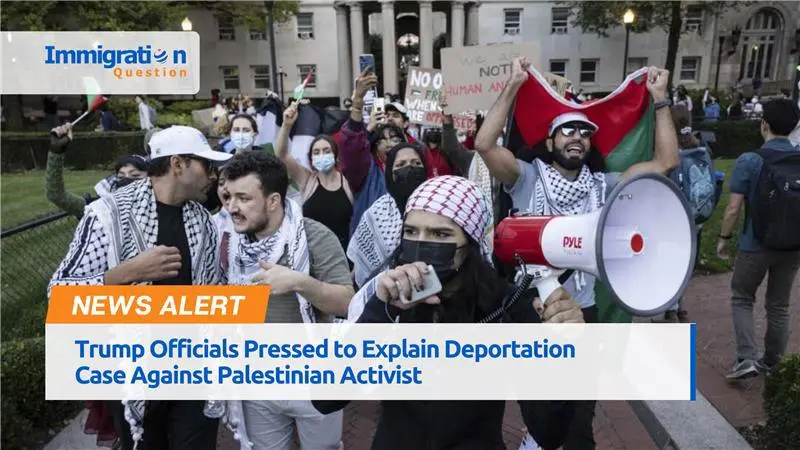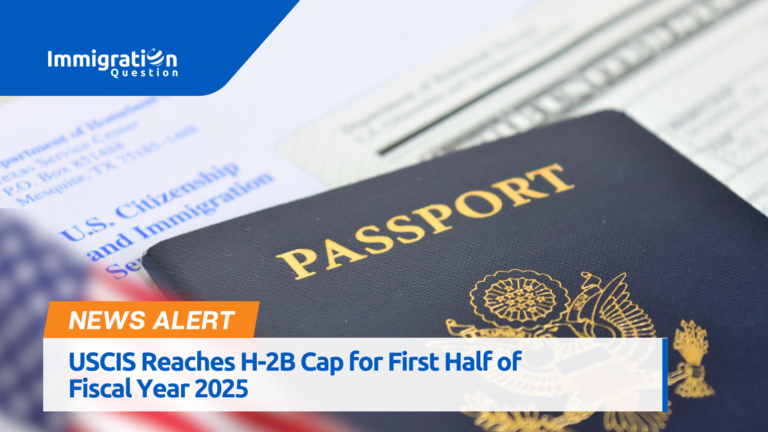A federal judge in New Jersey is compelling the Trump administration to clarify the legal foundation for its plan to deport Mahmoud Khalil, a Palestinian activist and graduate student at Columbia University. The case draws national attention, raising questions about the boundaries of immigration law and foreign policy.
Call For Transparency from The Administration
Judge Michael Farbiarz ordered officials to provide documentation of past cases where the same immigration statute was used to justify deportation. The law in question permits the removal of a non-citizen if the Secretary of State believes their presence could result in serious foreign policy consequences.
The Trump administration has cited this statute in its effort to deport Khalil, arguing that his activism threatens U.S. foreign interests. The judge’s demand includes a deadline for the government to outline all legal precedents associated with this law.
Activist Detained Without Charges
Khalil was taken into custody in March at his New York City residence despite holding permanent residency status since last year. He has been held without formal charges since his arrest. His wife, a U.S. citizen, was present during the incident, which took place under uncertain legal grounds.
The administration claims that Khalil’s political activism—particularly his criticism of Israel and support for Palestinians—poses a risk to national diplomacy. They argue that such activism fosters tensions within the U.S. and undermines relationships abroad, especially during today’s Gaza conflict.
Confirming Collision of Views on Foreign Policy Menaces
State Secretary Marco Rubio explained the deportation, citing Khalil’s participation in antisemitic rallies and campus protests, which, in Rubio’s view, made the climate uncomfortable for Jewish students. A previous immigration court ruling allowed the deportation process to move forward based solely on Rubio’s brief, undated memo.
However, Khalil’s legal team disputes the government’s claims. They maintain that none of Khalil’s actions fall under the scope of foreign policy. They have presented media interviews in which Khalil explicitly denounces antisemitism and advocates peaceful protest. His lawyers argue that concerns over campus demonstrations in New York City should not warrant deportation under a statute designed to protect foreign relations.
Recent Legal Setbacks for The Administration
This is not the first time the administration’s approach has been scrutinized. Just last month, a federal judge in Vermont ordered the release of another Columbia University student, Mohsen Mahdawi, who had been detained under similar circumstances. That decision highlighted growing judicial skepticism about applying this rarely used immigration law.
What’s Next?
With the court emphasizing clear legal rationale, the Trump administration has to justify its use of a law rarely deployed in recent immigration enforcement. The ruling in Khalil’s case could potentially be used as a precedent for the intersection of activism, political speech, and national immigration policy. Watchers eagerly await to know whether the administration can back up its actions with precedent under the law—or whether courts will persist in rebuffing its conception of foreign policy threats.
To stay up-to-date and informed, visit our news page, ask your immigration questions on Immigration Question, and get responses from licensed attorneys. For attorneys, streamline your case and lead management when you download the Immigration Question app.










